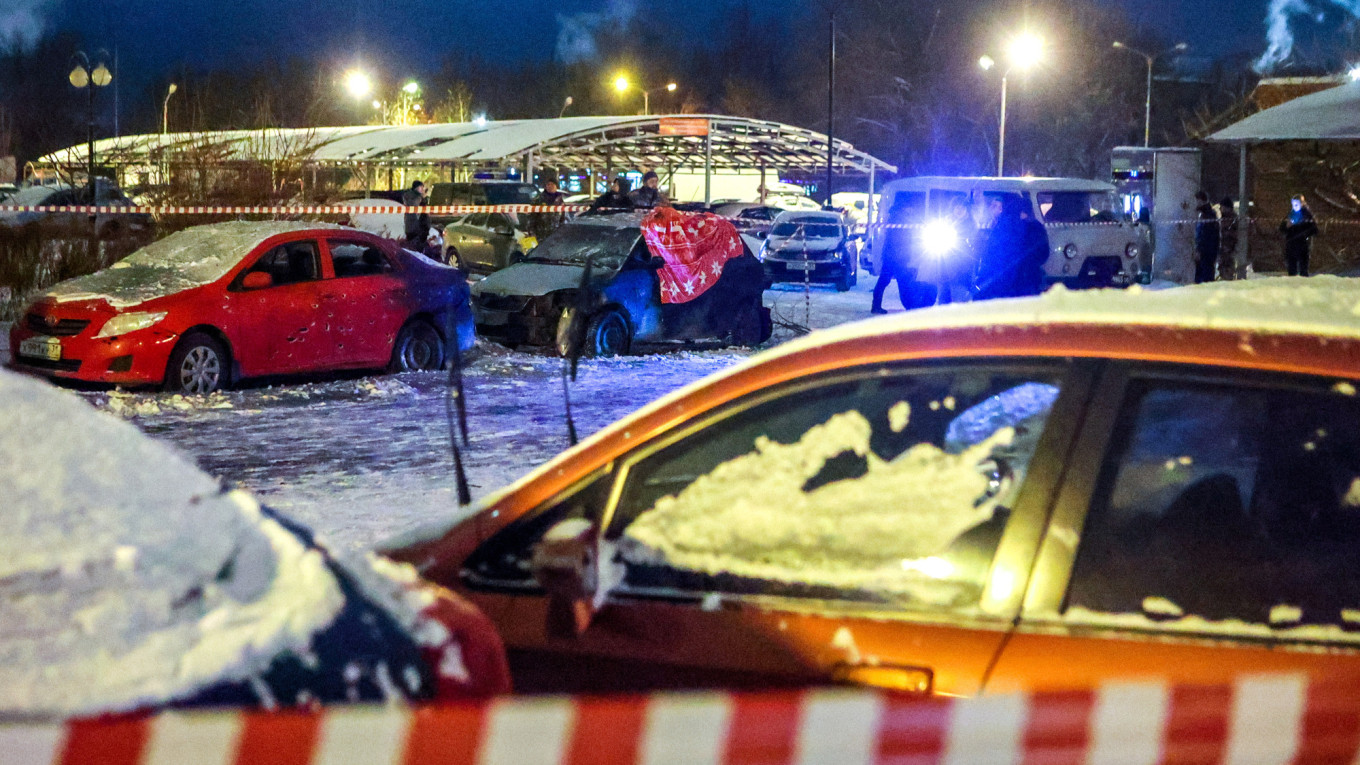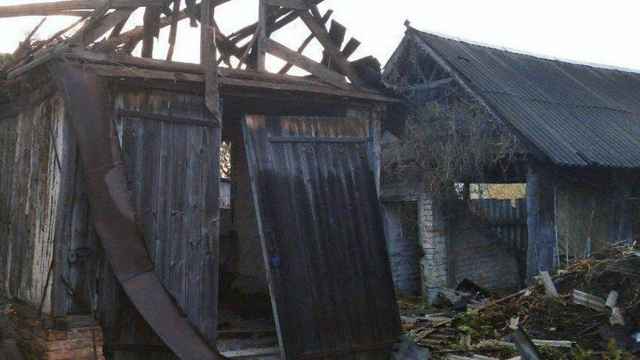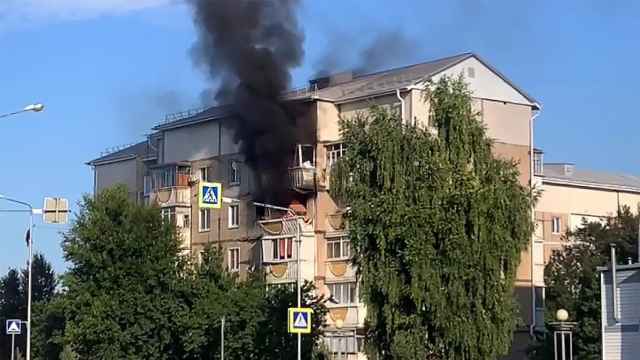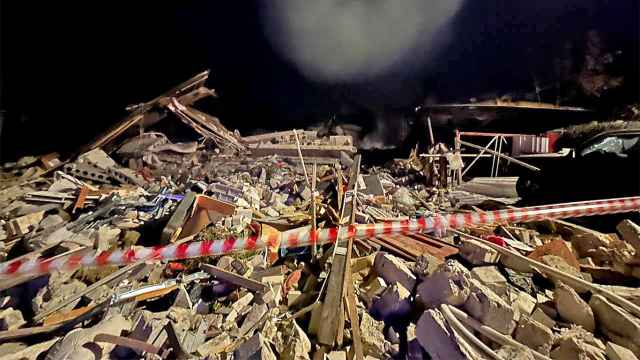The Russian city of Belgorod was targeted by another round of Ukrainian shelling late Thursday, officials said, hours after some schools in the region were ordered to extend their winter breaks due to the risk of further attacks.
At least two people were injured in the latest shelling, Belgorod governor Vyacheslav Gladkov said, as channels on the messaging app Telegram circulated images of damaged cars in the city, which is near the border with Ukraine.
"According to preliminary information, there are two victims. One man has a shrapnel wound on his forearm, the other has a shrapnel wound on his shin," Gladkov said.
"Our air defense systems were active over Belgorod and the Belgorod district — 10 aerial targets were shot down on approach to the city," he added.
The Kremlin has tried to maintain a semblance of normalcy inside Russia, but recent deadly strikes on the Belgorod region and its capital city have brought the war in Ukraine closer to home.
A strike on the city last Saturday killed 25 people, officials said, the deadliest civilian death toll in a single attack inside Russia since the war began almost two years ago.
Schools in several municipalities near the Ukrainian border were ordered to extend their winter break until Jan. 19, Gladkov said earlier.
Russian schools have been closed this week as the country celebrates Orthodox Christmas on January 7.
"In technical colleges and universities located in these municipalities, we recommend holding classes remotely," Gladkov said, adding that the winter break for schools could be extended further.
Meanwhile, Ukraine said it targeted a Russian command post near the Crimean port city of Sevastopol on Thursday in an aerial attack that Russia said injured one person.
And on early Friday, Russia's Defense Ministry said it repelled a Ukrainian drone attack over annexed Crimea, destroying and intercepting 36 drones over the peninsula.
A Message from The Moscow Times:
Dear readers,
We are facing unprecedented challenges. Russia's Prosecutor General's Office has designated The Moscow Times as an "undesirable" organization, criminalizing our work and putting our staff at risk of prosecution. This follows our earlier unjust labeling as a "foreign agent."
These actions are direct attempts to silence independent journalism in Russia. The authorities claim our work "discredits the decisions of the Russian leadership." We see things differently: we strive to provide accurate, unbiased reporting on Russia.
We, the journalists of The Moscow Times, refuse to be silenced. But to continue our work, we need your help.
Your support, no matter how small, makes a world of difference. If you can, please support us monthly starting from just $2. It's quick to set up, and every contribution makes a significant impact.
By supporting The Moscow Times, you're defending open, independent journalism in the face of repression. Thank you for standing with us.
Remind me later.






